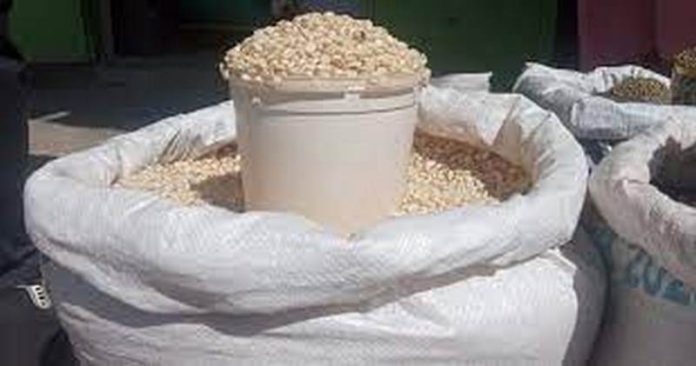By Burnett Munthali
President Lazarus Chakwera’s recent remarks on the price of fertilizer have sparked widespread debate and criticism, as he suggested that selling two bags of maize would suffice to purchase one bag of fertilizer. While the statement may have been intended to offer hope to struggling farmers, it has instead drawn scrutiny for being disconnected from the realities of Malawi’s economic landscape.
Speaking at a recent event, President Chakwera argued that the government’s Affordable Inputs Program (AIP) has made fertilizer accessible to many farmers. He claimed that under the current pricing structure, farmers could sell two bags of maize and afford one bag of fertilizer, effectively ensuring their agricultural productivity for the next season.
However, this arithmetic has been met with skepticism. With maize prices hovering around MWK 20,000 per 50kg bag and fertilizer priced at MWK 70,000 or more on the market, the math doesn’t seem to add up. Even under the subsidized AIP price of MWK 25,000 per bag of fertilizer, a farmer would need to sell at least four bags of maize to meet the cost.
For many Malawian farmers, selling two bags of maize is not a trivial matter. Maize is not just a cash crop but also a staple food for most households. Selling surplus maize to buy fertilizer means risking food insecurity, especially when yields have already been affected by unpredictable weather patterns and rising costs of production.
Moreover, access to the subsidized AIP fertilizer remains a challenge. Long queues, limited supply, and allegations of corruption have marred the program, leaving many farmers unable to benefit. In rural areas, some farmers report paying exorbitant prices for fertilizer due to transportation costs and middlemen inflating prices.
The President’s remarks have drawn a mix of ridicule and frustration from the public. Many took to social media to question the feasibility of his suggestion, with some accusing the government of being out of touch with the struggles of ordinary Malawians. Others have called for a review of the AIP program, arguing that it is not effectively addressing the needs of small-scale farmers.
President Chakwera’s statement highlights a broader issue: the disconnect between political rhetoric and ground realities. While the intention to support farmers is commendable, there is a need for more practical and realistic solutions to address the challenges facing Malawi’s agricultural sector.
Reducing the cost of inputs, increasing access to markets, and improving infrastructure should be prioritized. Additionally, the government must ensure that subsidies reach the intended beneficiaries without interference from corrupt practices.
The President’s arithmetic may have been overly optimistic, but it underscores the urgent need to rethink Malawi’s agricultural policies. Farmers are the backbone of the economy, and their struggles cannot be ignored. Instead of offering mathematical shortcuts, the government must focus on creating a sustainable and supportive environment for agriculture.
In the end, it is not about selling two bags of maize to buy one bag of fertilizer—it is about ensuring that every Malawian farmer has the resources they need to thrive.




